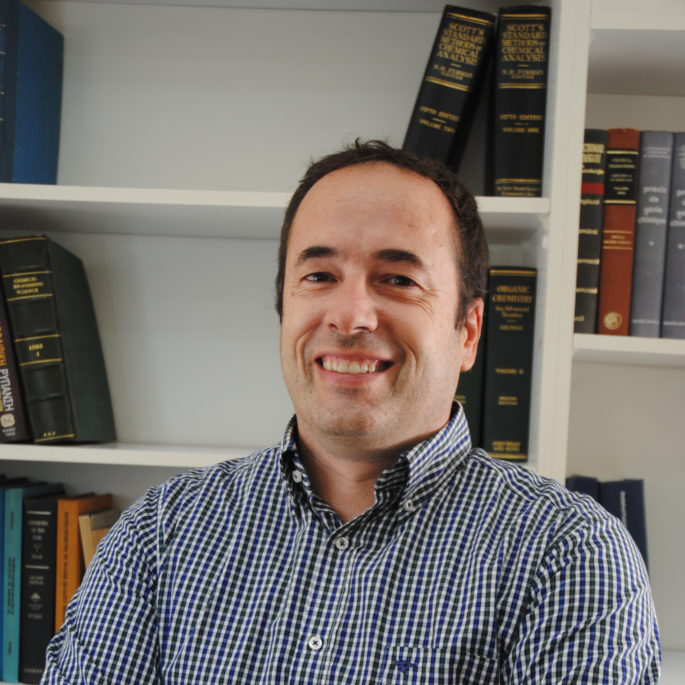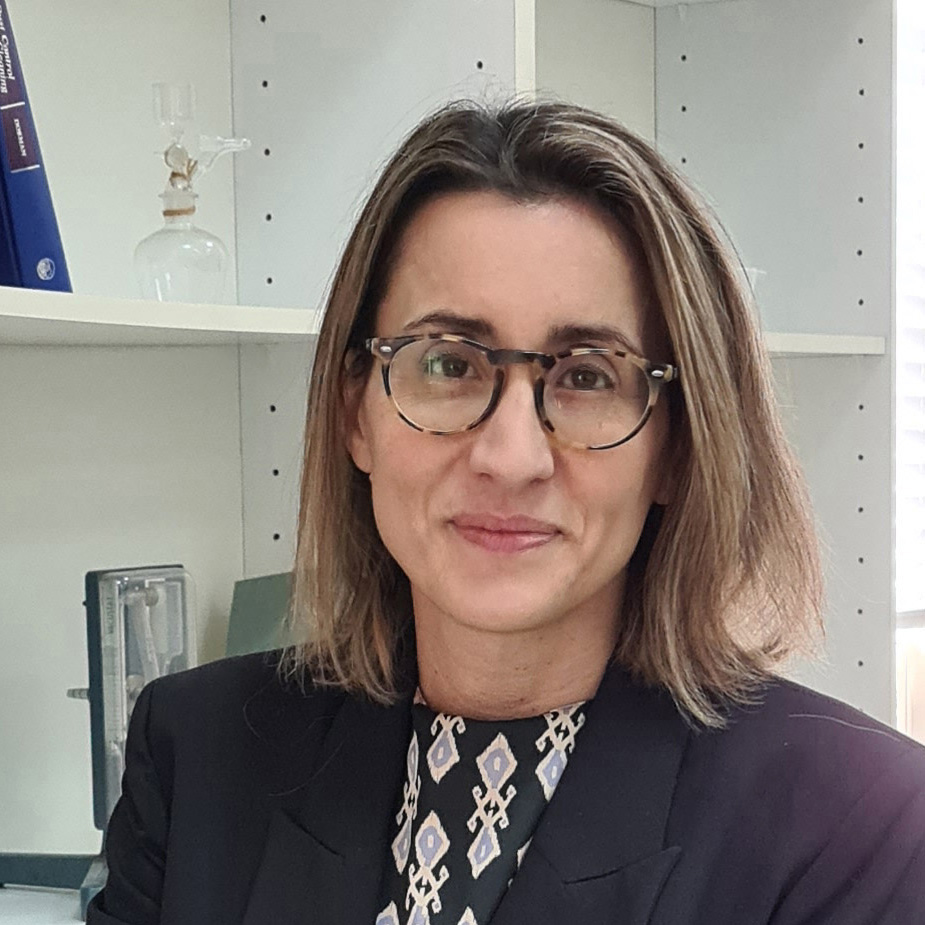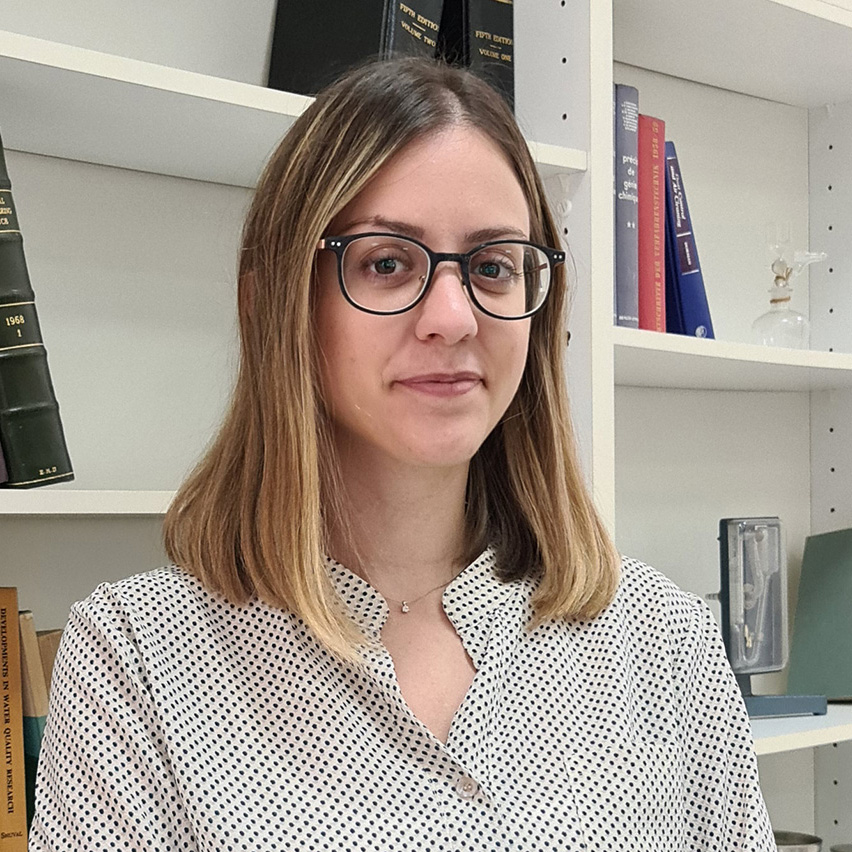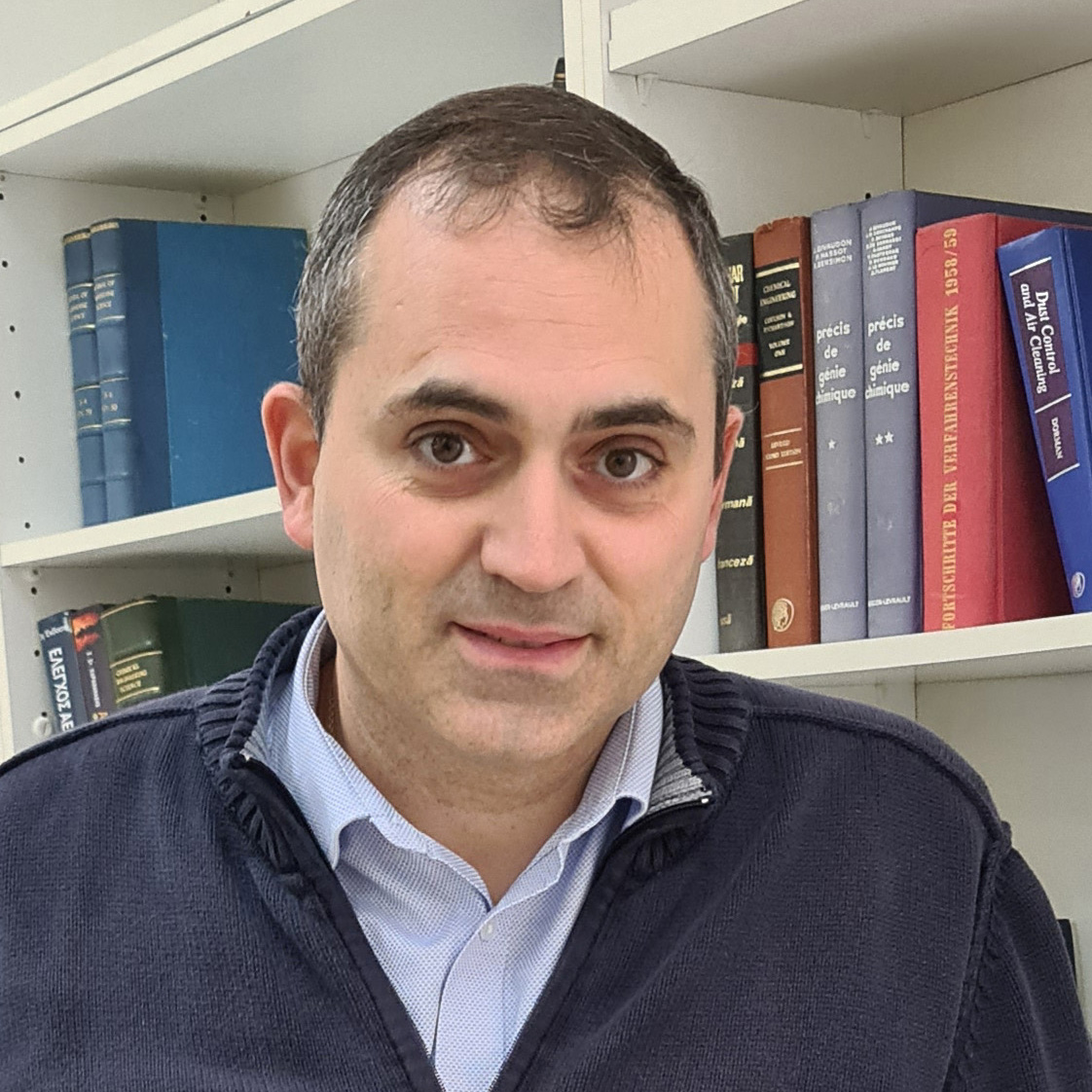

The project will be implemented by the close collaboration of two laboratories showing complementary activities, from the School of Chemical Engineering of National Technical University of Athens (NTUA); the Industrial Biotechnology and Biocatalysis (IndBioCat) Group from the Biotechnology Laboratory, expert in the field of Biocatalysis and Fungal Biotechnology mainly involved in management (WP1), Biocatalyst screening (WP3) and enzymatic separation and upcycling of PLA/PET streams (WP5), together with Polymer Reaction Engineering (PolymeReEng) Group from the Laboratory of Polymer Technology offering expertise in the sustainable management of polymeric materials and resources for WP2 and WP5 underlying tasks. A third laboratory from University of Patras (UP) will offer their expertise in the Biochemistry and Structural Biology of the enzymes of interest (WP4). The Institute of Molecular Genetics and Genetic Engineering (IMGGE) of University of Belgrade (UB) will contribute with their experience in fungal biology and synthetic polymer degradation and will provide several fungal strains already isolated from contaminated areas, such as petrochemical industry effluents and unmanaged waste disposal sites, as well as bacterial strains capable of TPA and lactic acid valorization to produce biomaterials.
The collaboration between the four groups on the three Collaborating Organizations is of pivotal importance to the accomplishment of the proposed project targets. It will be ensured by the complementary expertise (polymer engineering, enzyme & fungal strain library screening, enzymatic degradation and fermentation of plastic wastes, 3D structure elucidation) of the groups involved, as outlined in the Methodology section. All research team members have collaborated in the past, which is key to the smooth progress of the project.
Biotechnology Laboratory of the School of Chemical Engineering in the NTUA, which has a renowned world reputation in the area of biomass valorization and biotechnology of plant cell wall degrading enzymes, with emphasis in Biorefinery. The laboratory possesses all the equipment necessary for the project implementation: shaking incubators and bioreactors, recombinant technology, protein expression and purification, as well as analytical (HPLC, GC and GPC) infrastructure and experience.

Director of Biotechnology Laboratory and leader of IndBioCat. He has a long experience on enzymatic bioconversion and fermentation of lignocellulosic materials, and provides his recent expertise in developing efficient customized enzymatic cocktails for the degradation of synthetic polymers.

Researcher with great expertise in the use of different principles and techniques for the discovery, production and engineering of recombinant enzymes and their biochemical characterization. Experienced in screening of fungal isolates for their ability to degrade organic pollutants, as well as natural and synthetic polymers.
The Laboratory of Polymer Technology of NTUA is one of the largest Polymer Units in the country in terms of enrolments and infrastructure. LPT equipment supports research projects on polymerization processes as well as on polymer modification and processing, along with adequate material characterization, such as molecular weight determination, thermal analysis, mechanical and rheological properties.PolymeReEng Group is active in sustainable Polymer Reaction Engineering, exploring environmentally-friendly polymerization routes, such as solid state polymerization. SSP is a bulk polymerization technique for polyamides and polyesters including biobased and biodegradable polymers, used to increase polymer molecular weight without the risk of thermal degradation. Enzymatic polymerization is also a sustainable alternative towards the synthesis of biobased polyesters taking advantage of the enzymes catalytic performance under mild conditions.

Leader of the PolymeReEng Group. She will construct the structure-properties relationships for the target polyesters that would influence enzymes specificity and develop the appropriate upcycling routes such as repolymerization via SSP to recycle the enzymatically degraded/separated polyesters.

Expert in enzyme polymerization in combination with SSP, with extensive experience in analytical techniques

His experience will aid in WP2 implementation. Contribution to WP1 due to his long involvement in project management of national and European research projects.
Assist. Prof. Maria Dimarogona of the UP, Department of Chemical Engineering, has strong background and hands-on experience in protein structure determination, which, coupled with her experience in the biochemistry of lignocellulose active esterases, will assure the successful implementation of WP4 and the evaluation of structural data in combination with biochemical data originating from WP3. She has a long- standing collaboration with Prof. E. Topakas, mainly through the structural determination of enzymes cloned and characterized by the NTUA group. Her research experience is primarily focused on the use of X- ray crystallography or homology modelling for the mechanism elucidation of biopolymer degrading enzymes. PhD candidate Christos Kosinas has hands-on experience in protein expression, purification and crystallization, as well as the use of crystallographic software, and will thus contribute to the completion of WP4, along with the publication of structural results due to his skills in protein structure analysis. The second PhD student from UP, Panagiota Karampa, will also contribute to the crystallization and structure determination of selected macromolecules (WP4), but also sample preparation for crystallization trials (WP3). Ms Irene Mavreli has many years of experience in research project management, secretarial and financial management of European and National grants. Her expertise will be valuable for the succesfull implementation of WP1.

Contribution to WP1 due to her long involvement in project management of national and European research projects.